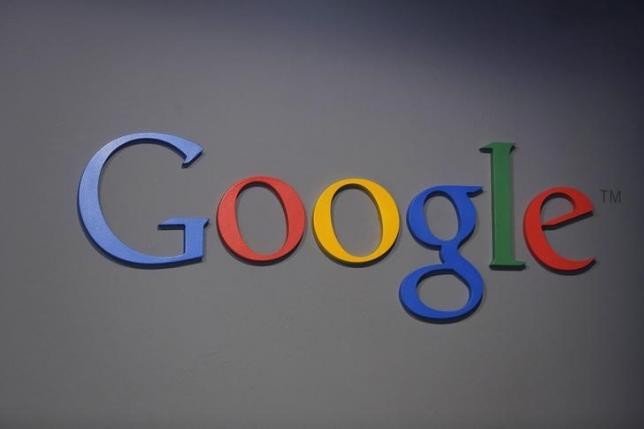Google's "Right to be Forgotten" (RTBF) removal request data was deleted from the source code of its own transparency report. Less than 5 percent of all individual requests for the search engine giant to remove links to online information are connected to public figures, politicians, and criminals, which seems to contradict the common narrative that is reported in the mass media.
The breaking news was reported by The Guardian. It implies that 95 percent of the RTBF requests were from average Joes rather than convicted criminals and corrupt politicians, while was figure was around 98 percent in several nations including Germany and France.
High-profile RTBF requests in the mass media have included a woman named in news articles following her husband's death, and an HIV victim, according to Business Insider. However, the vast majority of requests have not made headline news.
The released data from the transparency report includes a percentage breakdown of the request categories. For example, private personal requests' "granted" rate sits at 48 percent.
On the other hand, requests about serious crimes were a mere 18 percent. Google grants around half of all requests processed, according to Tech Crunch.
The California-based company released its transparency report in October, which included details of received and granted RTBF requests. However, Google received criticism. That was due to few details provided about the approved and rejected requests.
Only 1 percent of all RTBF requests not classified as "private or personal" information have been granted. It is assumed this was because the four categories involved witnesses, victims, or convictions.
Dr. Paul Bernal, a professor and lecturer at the UAE Law School argues the Google data indicates that RTBF is a "legitimate...law." Most requests are private and personal.
However, a team of 80 Internet scholars wrote an open letter to Google in May, expressing their hope that it would release more information. It mentioned Google's guidelines to balance user privacy and freedom of expression.
The issue of Google's transparency will likely stay in the spotlight as more nations pass RTBF laws. Interestingly, the data collected by The Guardian has been deleted from Google's transparency report. It has also made no official response.



























